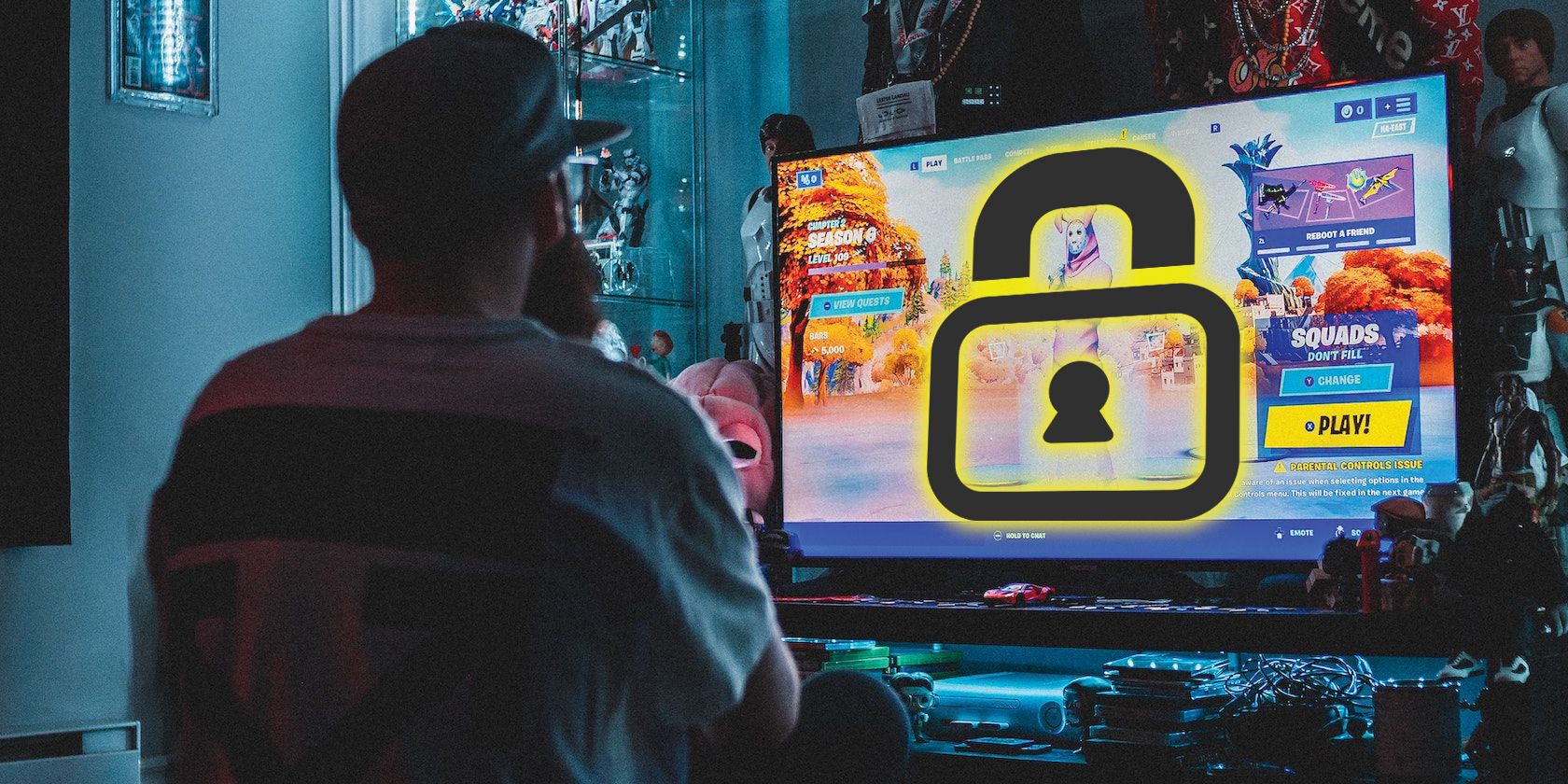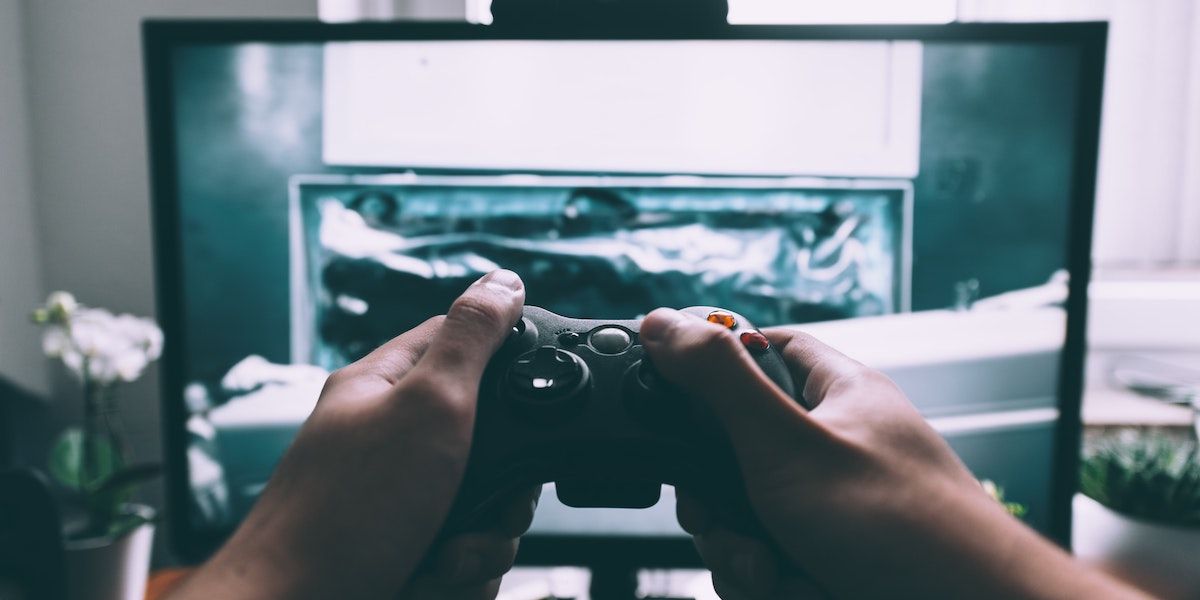Always-on DRM (digital rights management) is a controversial piracy-prevention technique. Like standard DRM, always-on DRM is there to serve a purpose, but at what cost?
Why is there always-on DRM in video games? And, does every video game need always-on DRM? Let's take a look.
What's the Point of Always-On DRM in Video Games?
If you're unfamiliar with always-on DRM, check out our quick explainer on always-on DRM in video games. In short, a game with always-on DRM requires you to have an active internet connection in order to play it.
Why do games have this? Well, developers and publishers use always-on DRM to prevent video game piracy and copyright infringement of their works. It's a fairly seamless addition to a game, especially when most gamers have an active internet connection at all times and game online, anyway.
You'd think always-on DRM (or DRM in general) applies only to digital products, but that's not the case. Whether you buy physical or digital games, there's a strong chance that even the former has some form of DRM.
Always-on DRM can be in launchers as well, such as Steam or Epic Games. And, while you might be able to play offline, that's not usually the default method.
Even games you can play offline will have measures in place that discourage it. Hitman's World of Assassination Trilogy, for example, encourages online play by offering features such as player-generated contracts, leaderboards, mission ratings, and challenges. If you play these outstanding games offline, these features aren't there.
The Negatives of Always-On DRM in Video Games
As with DRM in general, always-on DRM has garnered a lot of criticism.
A big problem with always-on DRM (and standard DRM) in video games is that you don't own what you're playing. And, with always-on DRM, each time you play, it's with a spotlight on you that's constantly verifying you, which can feel intrusive and unnecessary.
While most people have a constant internet connection, there's always going to be power cuts, network shortages, and other internet issues that'll frustrate you as you play a game with always-on DRM. And, that's not mentioning the server being down from time to time, and errors that can cause the server to revoke your license, although you're legally playing the game and have an internet connection.
Always-on DRM is especially egregious in offline single-player games. Yes, these games might receive a lot of updates and DLC, which you need to be online to get. But, it doesn't stop us from asking, 'why do I need an active internet connection when I'm playing a single-player game with no online component?'.
The answer 'to verify that you're a legit customer' doesn't really sound all that satisfactory, especially when being a “legit customer” doesn't even mean that you own your game, more a license to play that game. Is requiring an active internet connection really the best way to verify this?
Do We Need Always-On DRM in Every Video Game?
Though always-on DRM might be the least intrusive solution to anti-piracy, for games that don't have a fundamental online component, it shouldn't be mandatory.
Always-on DRM can make sense for games that need an internet connection anyway and provides a two-birds-one-stone solution. If you need to be online to play Fortnite or Battlefield, then the publishers may as well verify that everything's legitimate at the same time.
But, if you want to play The Witcher 3: Wild Hunt, or Resident Evil Village, you shouldn't need to have a constant internet connection as an entry requirement. And, while developers and publishers can reward online play with additional features, there's a fine line between motivating online play and punishing gamers who simply want to play offline.
Always-On DRM Might Help Video Games, but at What Cost?
Always-on DRM might help prevent piracy, and could even be an intuitive solution for games that already require an internet connection.
However, for games that don't have online play, always-on DRM can feel intrusive and present problems outside the player's control. DRM can create this, but always-on DRM makes everything worse with its constant verification. If you've bought a game legally, video games developers and publishers shouldn't have to check that constantly.
Thankfully, there are options to play games offline, legally, and without issues. Consider this if you're plagued with internet problems that hamper your digital gaming experience.




